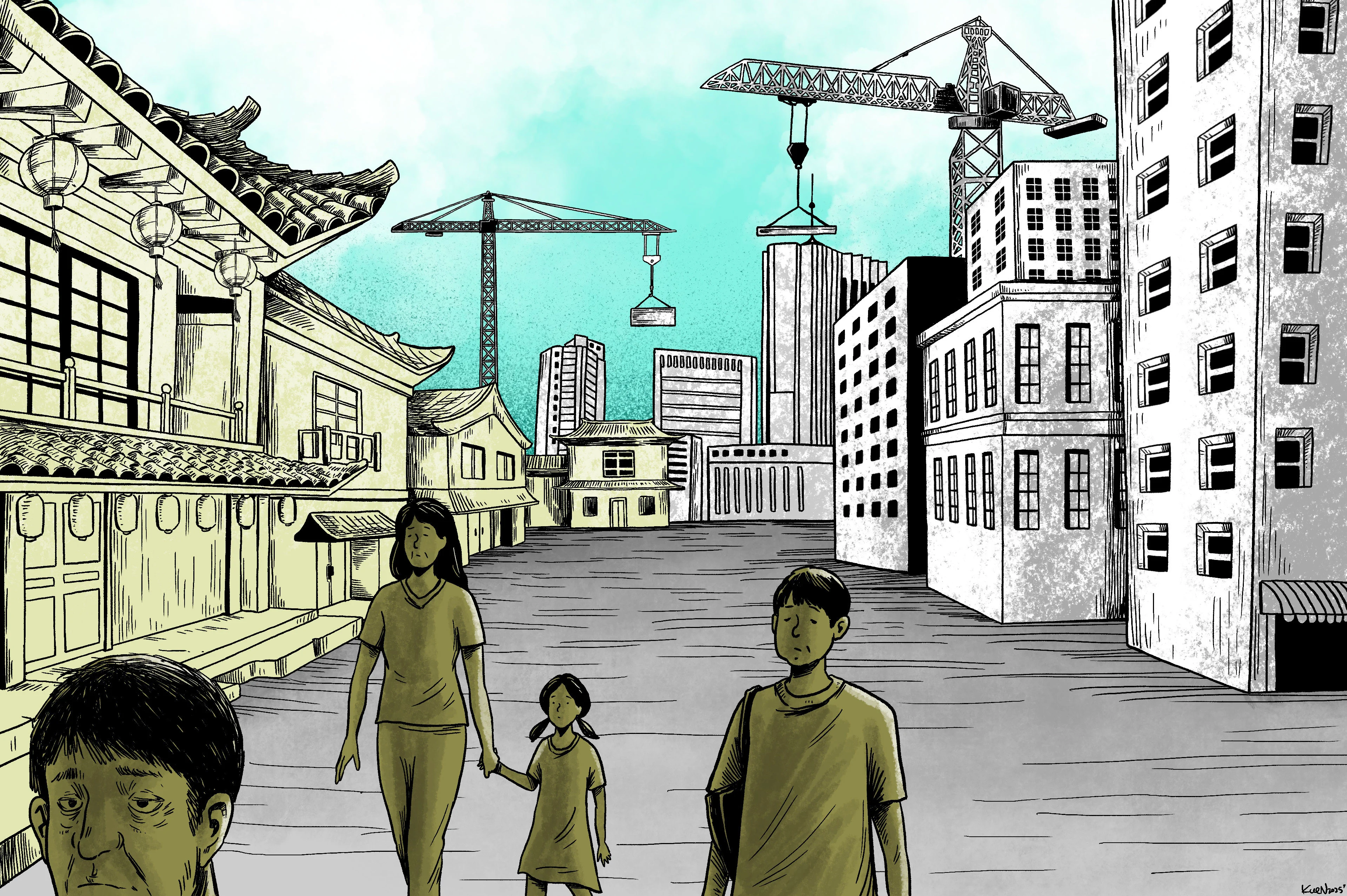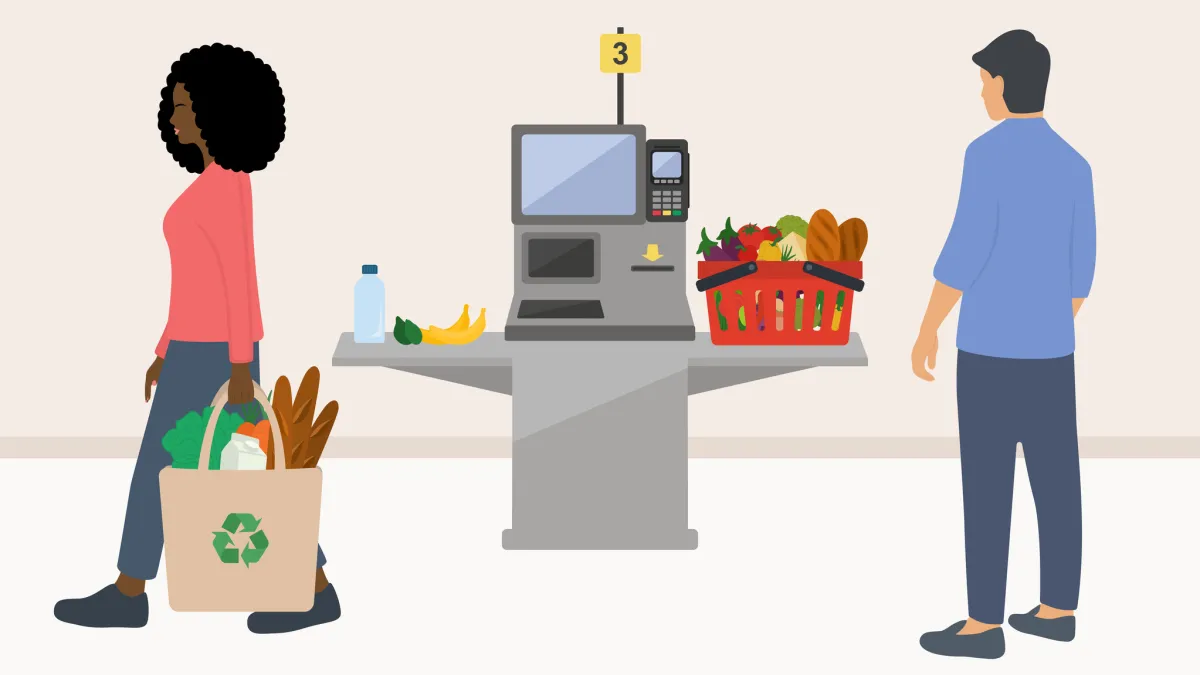Copyright thaiexaminer

Finance Minister Ekniti warns Thailand’s economy is “in danger of falling into an abyss,” with year-end growth set to crash to 0.3% and soaring debt costs choking investment. Moody’s and Fitch downgrade fears loom as confidence and capital drain fast. Thailand’s new Finance Minister, Ekniti Nitithanprapas, has sounded an alarm over the country’s worsening economy, warning it is “in danger of falling into an abyss.” Speaking Monday, just a month into his tenure, Mr. Ekniti said growth projections for the final quarter of 2025 had collapsed to just 0.3%, making the government’s 2% annual target effectively unreachable. He said soaring borrowing costs are devouring funds that should be driving development and investment, leaving the economy starved of growth capital. “We are running out of room to move,” he cautioned. The warning comes as Thailand faces the looming threat of a credit downgrade from Moody’s and Fitch, both of which have already issued stark alerts this year, a move that analysts say could rattle investor confidence and push borrowing costs even higher. Thailand’s Finance Minister, Ekniti Nitithanprapas, has issued his starkest warning yet. Meanwhile, the Thai economy, he said, is “plummeting.” Unless urgent measures are taken, the country may struggle to achieve even modest growth in 2025. Speaking at the Thairath Forum 2025 in Bangkok, Ekniti revealed that growth in the final quarter of 2025 may reach only 0.3%. He said this figure exposes how fragile the economy has become. It also casts serious doubt on whether the government can meet its 2% GDP growth target for the year. The event, held at the Eastin Grand Hotel in Phayathai, drew top business leaders, economists, and policymakers. The theme — “The Next New Economy: How Thailand Moves Forward” — sought to address the nation’s growing sense of economic unease. Ekniti warns Thailand’s fragile economy faces steep decline without structural reforms and investment Ekniti spoke bluntly. “If we allow the economy to keep falling, recovery will be extremely difficult,” he said. “We have limited time left, but we must act now.” His speech combined urgency with realism. Meanwhile, it painted a picture of a country facing deep structural challenges and short-term shocks. For decades, Thailand’s growth came from investments made in the 1970s and 1980s. Projects like the Eastern Seaboard, Map Ta Phut Port, and Laem Chabang Port laid the groundwork for industrial expansion. However, Ekniti noted that the country has not reinvested at that same pace for many years. Infrastructure investment has fallen from 40% of GDP to just over 20%. “Without new skills and infrastructure,” he warned, “the Next New Economy cannot happen.” According to him, Thailand’s problems are not only cyclical — they are structural. The country’s population is ageing rapidly. Furthermore, inequality remains severe. Household debt is crippling. Liquidity in the financial system has tightened. Each of these factors is now choking domestic demand. After the 1997 financial crisis, Thailand shifted toward an export-led model. Exports grew from 30% to 60% of GDP. Yet domestic investment failed to keep pace. Consequently, now, with global markets slowing, this overreliance on exports has become a liability. Debt, inequality, and global slowdown deepen Thailand’s economic pain as domestic demand collapses Ekniti explained that more than half of Thais earning ฿30,000 a month are trapped in debt. Many must borrow to cover basic living costs. “This debt suppresses purchasing power,” he said. “It keeps people from spending, saving and investing.” Meanwhile, global turbulence has added pressure. The new wave of U.S. tariffs under former President Donald Trump’s trade policies has weakened Thailand’s exports. Growth that reached 3% in early 2025 is projected to fall to barely 1% in the second half of the year. The National Economic and Social Development Board (NESDB) predicts the fourth quarter will see growth of only 0.3%. “This is a critical moment,” Ekniti said firmly. “If we do not stop this downward spiral now, the economy will collapse further.” To counter this threat, the minister unveiled a three-pronged short-term recovery plan called “Quick, Big, Win.” The idea, he explained, is simple: act fast, act boldly, and share the benefits widely. “Quick” refers to the government’s short timeframe — just four months remain before the interim term ends. “Big” emphasises that interventions must be large enough to lift the economy meaningfully. And “Win” underscores the need to distribute gains fairly to reduce inequality. Government’s five-pillar plan aims to revive growth, ease debt, and rebuild confidence in the Thai economy “Every economic policy must be inclusive,” he said. “Even short-term measures must reach ordinary people, not just the wealthy.” Ekniti then introduced the government’s five pillars of the New Economy. The first is short-term recovery. The second is reducing household debt. The third is ensuring liquidity for small and medium-sized enterprises. The fourth is building a robust savings and retirement system. The fifth is investing in the future through infrastructure and human capital. “These pillars,” he said, “will form the base of a stronger Thailand. Without them, we will keep falling behind.” As part of the immediate response, the Ministry of Finance plans to boost welfare support for 13.4 million low-income earners. These citizens, Ekniti said, often spend their monthly ฿300-baht welfare allowance in a single day. The ministry will add ฿1,700 per person using leftover funds from the previous fiscal budget. “This is not new spending,” he explained. “It is money redirected to stimulate real demand at the grassroots level.” Stimulus plans target middle class, tourism and clean energy to jumpstart Thailand’s slowing economy To stimulate the middle class, the government is reviving the Half-Half Plus program. Under this scheme, consumers pay half the price of goods while the government covers the rest. The project, funded by ฿88 billion, generated immediate results in earlier rounds. “The Plus means it creates short-term stimulus with long-term benefits,” Ekniti said. The tourism sector, a pillar of Thailand’s economy, has also been in decline. Tourist arrivals and hotel occupancy are both down nearly 9%. Therefore, the ministry has introduced a temporary tax deduction to encourage domestic travel. Businesses holding staff training in Thailand will be allowed a 1.5-times deduction, and a double deduction if training takes place in secondary cities. “Hotels lack funds to renovate,” Ekniti said. “We are working with the Government Savings Bank to create a ฿10 billion soft loan package.” This fund will help improve hotels and spread tourism income to smaller cities. He also highlighted new efforts in the clean energy sector. Energy Minister Atthapol Rerkpiboon has submitted a suite of proposals to unlock private investment in renewables. “Clean energy is not just good for the environment,” Ekniti added. “It is also a new growth engine.” Bold debt restructuring, lottery-linked savings, and fiscal reform at the heart of recovery strategy Another bold step involves tackling the country’s mounting household debt. Through the “You Fight, We Help” program, the government will use ฿20 billion from the Rehabilitation Fund to buy out and restructure bad debt. The program, administered by Sukhumvit Asset Management, will lower interest rates and extend repayment terms for struggling borrowers. “We will reduce debt sustainably,” Ekniti said. “But people must cooperate by disclosing their debts fully. Only then can we help properly.” In an innovative twist, the minister also mentioned a lottery-linked savings plan. Players who lose their bets will have part of their ticket costs converted into savings. These savings will accumulate until age 55 and can later serve as collateral for bank loans. “Thais love the lottery,” he said. “Now, we can turn that habit into financial discipline.” Still, the government faces serious fiscal constraints. “Out of every ฿100 in the budget, ฿70 goes to pay principal and interest,” he said. “Only ฿10 to ฿20 remain for investment.” To overcome this, Ekniti plans to revive the Thailand Future Fund, allowing the government to leverage private capital for major projects. New investment drive focuses on skills, private capital, and fast-track approvals to rebuild investor trust “We must use financial tools to attract investment,” he said. “Otherwise, Thailand will not have enough money to modernise.” Joint ventures between the state and the private sector will be key to expanding clean energy and infrastructure. Ekniti also emphasised the importance of re-skilling the workforce. He said Thailand must produce workers capable of meeting global standards. The Finance Ministry is now working with the Board of Investment (BOI) and the Ministry of Higher Education, Science, Research, and Innovation to design short-term digital training courses for 100,000 people. “This will give students real employment skills,” he said. “Foreign investors always say Thailand lacks skills. We must fix that now.” International investors, according to Ekniti, remain interested in Thailand. He recently attended the APEC summit, where several delegations expressed confidence in the country’s potential. “They are watching our reforms closely,” he said. “If we build the right foundations, investment will return.” Thailand faces looming downgrade as fiscal strain and political instability rattle markets and confidence Looking to accelerate this process, Ekniti announced plans for a “Fast Pass” initiative to speed up investment approvals. The Cabinet will identify qualifying projects, and legal fast-track procedures will follow. “We cannot afford bureaucratic delays,” he said. Meanwhile, “Investment must move quickly.” The minister’s remarks come at a moment of rising concern among analysts and credit agencies. In April, Moody’s downgraded Thailand’s outlook to negative. Fitch Ratings then followed in September. Both cited rising public debt, falling tax revenue, and prolonged political uncertainty. Ampol Buarubpornslutys noted that in 50% of cases, such warnings are followed by a sovereign debt downgrade, which would be seen as disastrous for Thailand. Political instability and long-term stagnation weigh heavily as Thailand seeks new growth and credibility Thailand’s public debt has surged while growth has remained well below regional peers for over a decade. Ekniti admitted that the country’s political instability, stretching back to the 2006 coup against Prime Minister Thaksin Shinawatra, continues to undermine investor confidence. Nonetheless, he insisted that decisive reform can reverse the decline. “We must restore discipline, restore trust, and restore hope,” he said. “This government’s job is to stop the fall and build again.” American economic and political power at work as Deputy Prime Minister Ekniti promises to keep faith New Bank of Thailand boss pours cold water on sovereign wealth fund talk. Praises external reserves He concluded his address on a note of determination. “Thailand has faced crisis after crisis,” he said. “Yet we have always emerged stronger. The New Economy is not an option. It is our only path forward.” Join the Thai News forum, follow Thai Examiner on Facebook here Receive all our stories as they come out on Telegram here Follow Thai Examiner here Further reading



